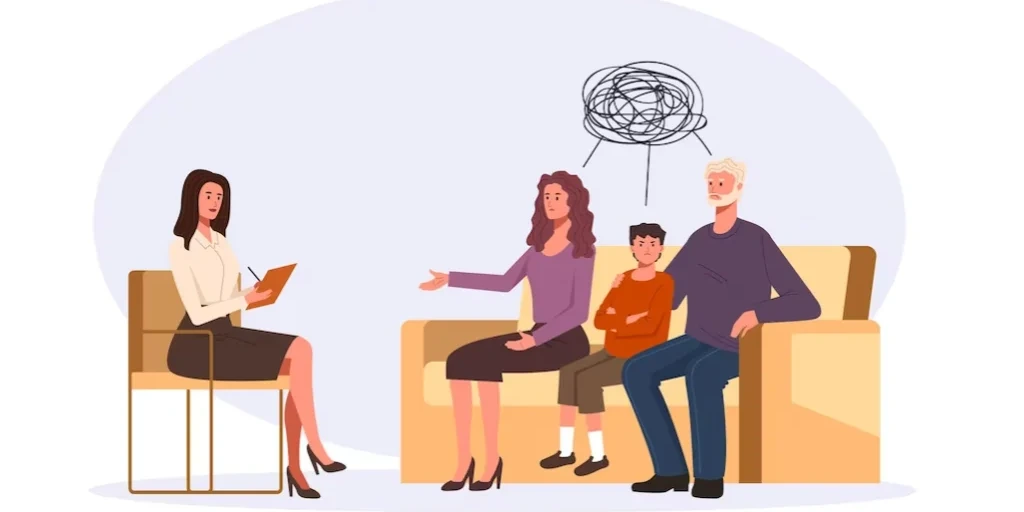24/7 Helpline:
(866) 899-111424/7 Helpline:
(866) 899-1114
Learn more about Bipolar Disorder Treatment centers in McDowell County
Bipolar Disorder Treatment in Other Counties


































SUWS of the Carolinas
SUWS of the Carolinas offers residential treatment for individuals with alcohol and/or substance add...

Recovery Ventures Corporation
Located in Old Fort, North Carolina, Recovery Ventures Corporation provides alcohol and drug rehab s...










Other Insurance Options

UnitedHealth Group

Humana

MVP Healthcare

ComPsych

Cigna

Highmark

Kaiser Permanente

Covered California

Health Partners

Private insurance

Sutter

PHCS Network

BHS | Behavioral Health Systems

Access to Recovery (ATR) Voucher

GEHA

BlueCross

Choice Care Network

Health Net

Oxford

UMR